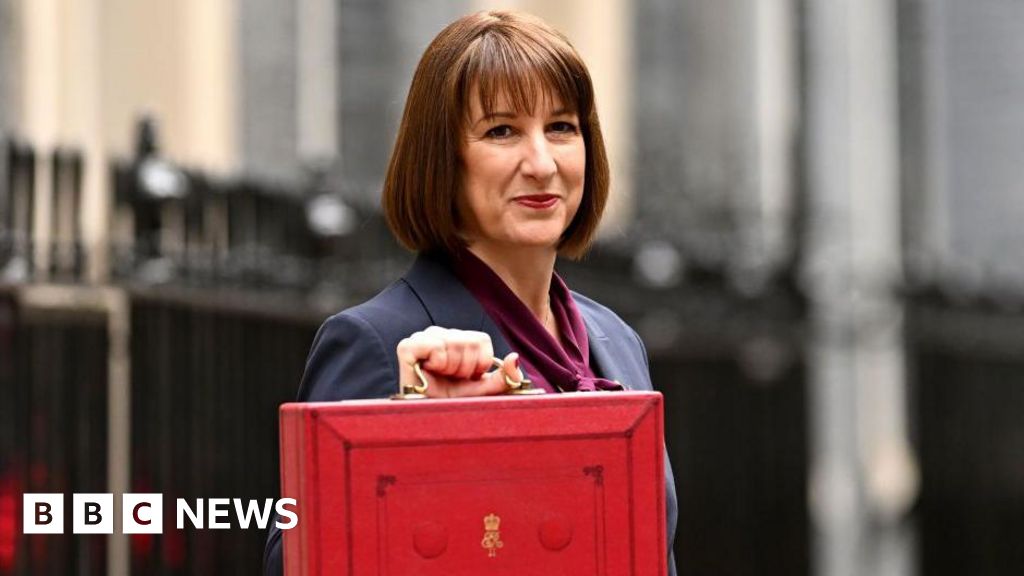Scotland’s only oil refinery is to close by the summer of next year, with the loss of 400 jobs.
Owner Petroineos said the closure of the refinery at Grangemouth, Stirlingshire, was necessary because it was unable to compete with sites in Asia, Africa and the Middle East.
The company said the decision would ‘safeguard fuel supply for Scotland’ by converting the site into a terminal able to import petrol, diesel, aviation fuel and kerosene into Scotland.
But this would require a workforce of fewer than 100 employees – compared to the current 475.
The company announced last November that it intended to close the plant.
The oil refinery at Grangemouth is set to close next summer
But union leaders had hoped the facility could remain open longer to provide time for a green alternative to be established at the site.
Petroineos bosses said they expected the new hub for finished fuels to open by early summer next year.
The oil refinery was opened by BP in 1924 and expanded into petrochemicals in the 1950s.
It serves as the primary supplier of aviation fuel for Scotland’s main airports, and is a major supplier of petrol and diesel ground fuels across the Central Belt.
Ineos acquired the site in 2005 and are responsible for the entire plant, while the refinery itself is owned by Petroineos – a joint venture between Ineos and PetroChina.
Petroineos stated that the size of the site meant that ‘high levels of capital expenditure each year’ were spent on it, which outweighed the company’s earnings.
Frank Demay, the company’s chief executive said: ‘Demand for key fuels we produce at Grangemouth has already started to decline and, with a ban on new petrol and diesel cars due to come into force within the next decade, we foresee that the market for those fuels will shrink further.
‘That reality, aligned with the cost of maintaining a refinery built half a century ago, means we are exploring ways to adapt our business.
‘The action we are taking to create an import terminal will safeguard fuel supply for Scotland.
‘We currently expect Grangemouth to be ready to operate as a national distribution hub for finished fuels in the second quarter of next year.’
Grangemouth is one of six refineries in the UK and the only one in Scotland.

Ineos acquired the site in 2005 and is responsible for the entire plant
In July, the UK and Scottish Governments announced a jointly-funded £1.6million study into the long-term future of Grangemouth, but the risk of job losses remained.
Scottish Secretary Ian Murray said the Project Willow report would look at how the petrochemical site could become a clean energy hub.
He said it showed the commitment of ministers and unions to work constructively with Petroineous, owner of the complex, which employs 2,000 people.
At the time, Mr Murray said: ‘It would be wrong to give a false dawn to the workforce at the moment, but what we can say with great confidence is that we’re putting together a report that shows a long-term future for the site and it’s a real commitment from both governments to work together.’
Mr Murray was speaking after meeting UK Energy Secretary Ed Miliband and acting SNP Energy Secretary Gillian Martin.
Mr Miliband had said the UK Government ‘will leave no stone unturned in seeking a future for the Grangemouth site and its workers’.
Industry experts have warned plans to wind down the site and turn it into an import depot will have a devastating impact.
Scotland will lose hundreds of highly skilled engineering apprenticeships then the refinery closes.
Earlier this year, Robert Buirds, a former Unite union official who previously chaired the Grangemouth Contractors Forum, said: ‘There are dozens of companies who rely on Grangemouth directly or in the supply chain to be able to offer hundreds of apprenticeships to young people in vital engineering fields.
‘The site is effectively a national training base which recruits every year, so closure would be a major blow to Scotland’s engineering skills, but this doesn’t seem to be a ¬consideration for the government.
‘We are talking about welders, platers, mechanics, electricians, all of the skills that will be central to Scotland’s ability to create quality jobs for the future, not just in traditional energy sectors like oil and gas, but also in renewables like wind and solar.
‘People are not grasping just how devastating the closure of the oil refinery will be for our skill base and the fact that once these things are gone it is incredibly difficult to get them back.
‘The training in high-skilled jobs that are available offshore, for example, are not taught offshore.
‘The training is onshore, at places like Grangemouth, so closing the refinery will impact on the ability of Scottish workers to get well paid offshore jobs.’
Ineos chief executive Jim Ratcliffe is one of Britain’s richest men, with a fortune -estimated at about £30billion.
He controls between 50 and 75 per cent of Ineos, with an annual turnover of more than £50billion.
He bought a 27.7 per cent stake in Manchester United this year.
Yesterday the Scottish and UK Governments announced a joint investment plan for Grangemouth and pledged to ‘work together for an industrial future for the site’.
The Scottish Government has been working with the UK Government to deliver an investment plan that will help secure Grangemouth’s industrial future and protect its skilled workforce.
Ministers urged Petroineos to keep the oil refining operation open for as long as possible, emphasising the company’s ‘responsibility to its employees and the community’.
The Scottish Government said: ‘As the company has made clear that there is no viable commercial future for the refinery business, the Scottish and UK Governments have today unveiled a package to help the workforce, invest in the area and secure a viable industrial future for the Grangemouth site, as one of Scotland’s key industrial heartlands.’
Net Zero and Energy Secretary Gillian Martin said: ‘My immediate thoughts are with the workforce.
‘This is a very challenging time for them and their families, and we will support every worker affected by this decision.
‘We are working very closely with the UK Government and together we have communicated our disappointment to Petroineos today.
‘The Scottish Government has consistently made clear our preference was for refining to continue as long as possible, and we have continued to press the shareholders for a positive decision until the 11th hour.’

Workers walk past protesters blocking the main entrance to Ineos plant in October 2020
Scottish Secretary Ian Murray said: ‘I understand this is a worrying time for the workers at the refinery and the UK Government is working closely with the Scottish Government and Petroineos to ensure they are being supported.
‘Both governments have invested in Project Willow to examine how Grangemouth remains an energy hub in Scotland. The enhanced £100 million Falkirk and Grangemouth Growth Deal announced today will help ensure the long-term future of the site – a key part of our journey to clean energy by 2030.
‘We remain committed to working together looking at how we can help the area build on its skilled workforce and local expertise to boost economic growth.’
Scottish Conservative Central Scotland MSP Stephen Kerr said: ‘This is devastating news for the workforce at Grangemouth whose worst fears have been confirmed.
‘My thoughts are with all those employees and their families who will be impacted by the closure next year which will be a hammer blow for the local area as well as Scotland’s wider economy.
‘Given the threat of closure has been a real possibility for some time, it is unacceptable that workers have failed to hear any sort of support plans from the SNP and Labour governments during this period of great uncertainty.
‘Ministers must now act with urgency as to how they will help those workers who are about to lose their jobs in the wake of this massive loss to Scotland’s industrial base.
‘If they fail to do so, it will sum up their hostile attitude towards the future of the oil and gas sector across Scotland.’











